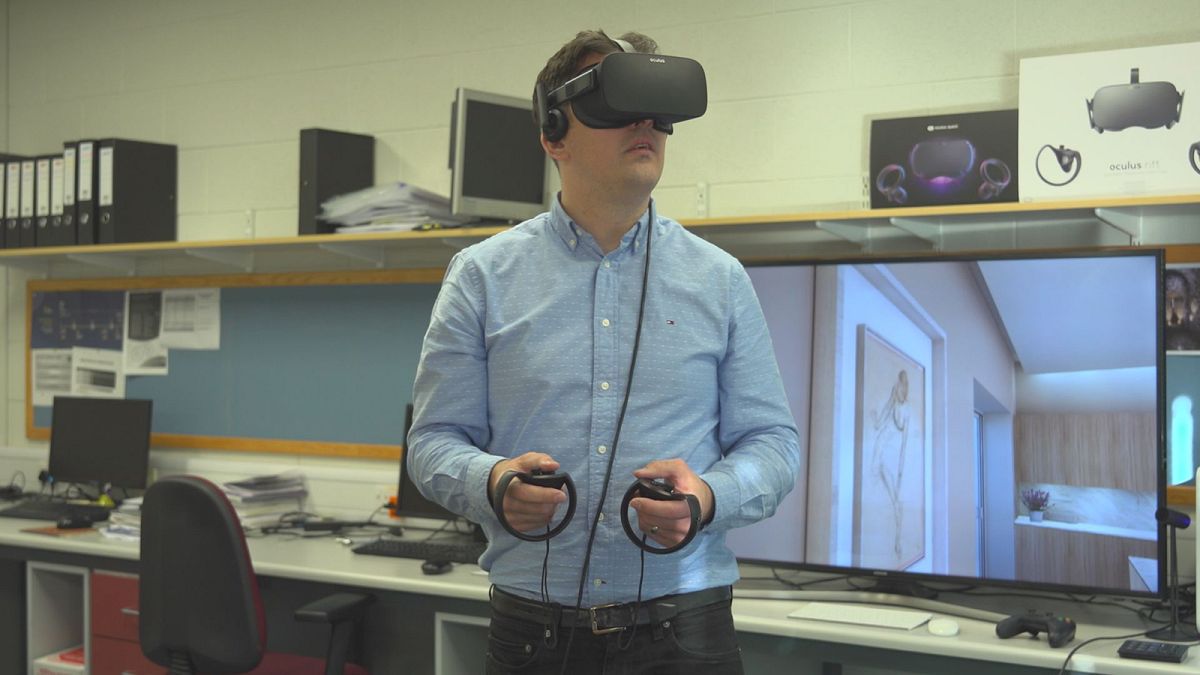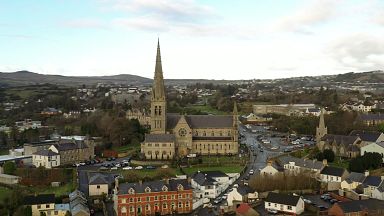Digital SMEs in Ireland have put their know-how to good use helping other companies in the region to advance
In the north of Ireland, the horizon stretches as wide as the Atlantic and the climate is harsh. Businesses here know working together is a strength and they have put their know-how to good use helping other companies in the region to advance and boost their competitive edge in key sectors.
This is done through Devise, (Digital tech SMEs at the service of Regional Smart Specialisation Strategies) - a project supported by the European Cohesion Policy. Policy makers, business support organisations, educational centres and SMEs from the digital and other smart specialisation sectors are the main participants and beneficiaries.
These environments bring improved coordination and increased collaboration between the digital sector and those belonging to other smart specialisation sectors.
Dara Burke's start-up is located in a business incubator in Donegal. It develops virtual reality solutions solving hands-on problems before an engine is built or helping to visualise future homes, for example. Dara discovered Devise during a workshop with other SMEs eight months ago.
He explains what attracted him to the project.
"There's a really good ecosystem of technology start-ups in the northwest, and it's really important for the region, because everything cannot just be in Dublin," he says. "And with new technology, it's possible to work out of the big cities and still have a successful business. So the technology that allows this to happen is really important."
There are 10 active Devise projects in nine EU regions where digital SMEs meet the needs of other businesses and around 300 SMEs participate and benefit from this system.
The project has a total budget of €1.65 million - 85% is financed by the European Cohesion Policy (ERDF Funds).
The recipe is simple. The project offers training courses, solutions for specific needs and visits to other regions to adopt 'best practices' in order to create a virtuous circle.
José Manuel San Emeterio has been leading the Devise project since 2018. He believes Devise can serve as an example for other regions to follow and stresses the need for digital transformation.
"We have to push for the cooperation that allows less developed regions to learn more from regions that are more advanced," he explains. "The idea is to increase digital performance by 2020-2021 by using digital technologies in at least 15% of the companies coming from all the regions."
Two hours drive south in Sligo, Ward Automation specialises in robotic solutions for the medical sector. It also participates and benefits from Devise. In fact, nearly half of the SME's employees come from the Institute of Technology, the digital breeding ground of the project.
With 7,000 students, IT Sligo offers training in robotics, automation and data analysis.
Patrick Devine is Project Officer at the Northern and Western Regional Assembly- one of the project's partners. He explains the benefits of Devise.
"The technology sector is very fast moving with new technologies coming up every couple of months," he says. "Moving forward is really about us bringing the manufacturing and the technology sectors together through workshops and through networking events so that they can collaborate and develop synergies."

